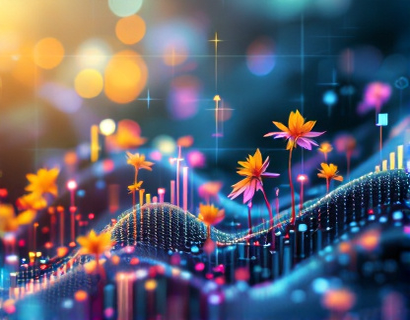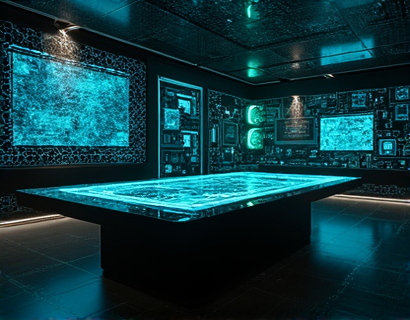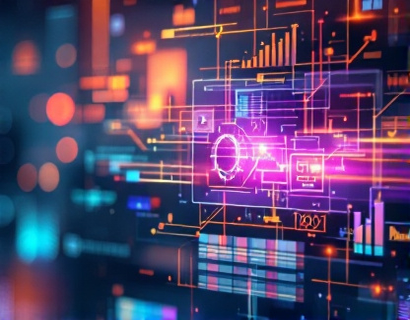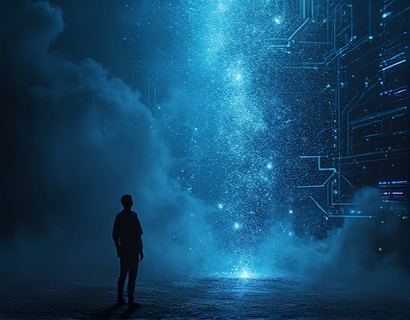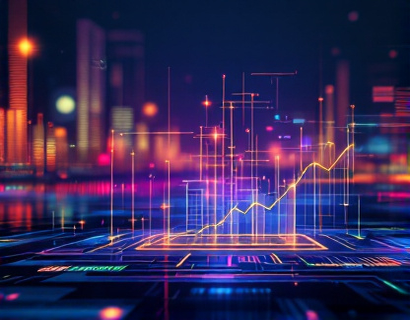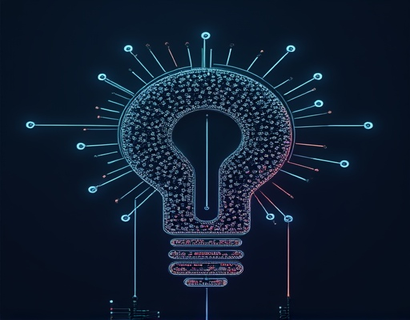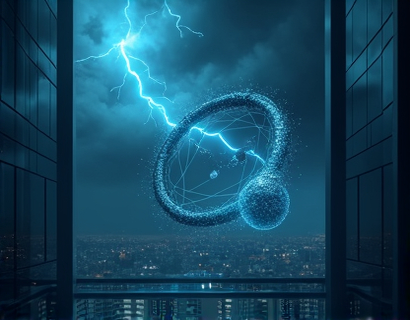AI-Driven Music Composition: Transforming Creativity with Intelligent Software Tools
The integration of artificial intelligence in music composition has marked a significant turning point in the evolution of music creation. This technological advancement is not merely an addition to the traditional tools at a musician's disposal, but a transformative force that is redefining the very process of creativity. AI-driven software is offering musicians, both seasoned professionals and emerging artists, innovative tools that enhance their creative processes, improve sound quality, and streamline music production. This article delves into how AI is revolutionizing the music industry, providing a glimpse into the future of music making.
The Emergence of AI in Music Composition
The journey of AI in music composition began with simple algorithms designed to generate basic musical patterns. Over time, these algorithms have evolved, incorporating machine learning and deep learning techniques to create more complex and nuanced compositions. The initial skepticism about the role of AI in creative fields has given way to a growing acceptance and even enthusiasm, as the capabilities of these systems continue to impress. Today, AI is not just a tool but a collaborator in the creative process, offering unprecedented opportunities for artistic expression.
Enhancing Creativity with Intelligent Software
One of the most significant impacts of AI in music composition is its ability to enhance creativity. AI algorithms can analyze vast amounts of musical data, identifying patterns and trends that human composers might overlook. This analysis can inspire new ideas, suggesting melodies, harmonies, and rhythms that push the boundaries of conventional music. For instance, AI can generate variations of a theme, allowing composers to explore different directions and discover fresh sounds. This collaborative approach between human intuition and machine intelligence fosters a richer, more diverse creative output.
Streamlining the Composing Process
The composing process, once a labor-intensive and time-consuming endeavor, is now significantly simplified thanks to AI-driven software. These tools can automate repetitive tasks such as note arrangement, chord progression generation, and even basic mixing and mastering. By handling these technical aspects, AI allows composers to focus more on the artistic elements of their work. For example, an AI system can quickly generate a full orchestration for a given melody, saving hours of manual work. This efficiency not only accelerates the production timeline but also reduces the cognitive load on the composer, enabling them to concentrate on the creative aspects.
Improving Sound Quality
Sound quality is a critical factor in music production, and AI has made substantial contributions in this area. Advanced algorithms can analyze and enhance the audio signal, removing noise, correcting pitch, and adjusting dynamics to achieve a polished final product. AI-driven plugins can simulate the sound of legendary instruments and studios, providing artists with access to high-quality sounds that would otherwise be expensive or impossible to obtain. Moreover, AI can optimize the mix and mastering process, ensuring that the music sounds great across various playback systems and environments.
Personalized Music Creation
AI-driven music composition tools offer a level of personalization that traditional methods cannot match. These systems can learn from a composer's previous work, adapting to their style and preferences to generate music that aligns with their artistic vision. For instance, an AI can analyze a series of tracks and suggest new compositions that maintain the same mood and structure. This personalized approach ensures that the music produced is not only technically sound but also true to the artist's unique voice. It democratizes the creative process, making high-quality music production accessible to a broader audience.
Collaboration Between Humans and Machines
The relationship between human composers and AI is not one of replacement but of augmentation. AI serves as a powerful ally, enhancing the composer's capabilities rather than competing with them. This collaboration can lead to innovative outcomes that neither humans nor machines could achieve alone. For example, a composer might use AI to generate a base melody, then refine and expand upon it, incorporating their own emotional and artistic insights. This synergy between human creativity and machine intelligence opens up new possibilities for musical expression.
Challenges and Ethical Considerations
Despite the numerous benefits, the integration of AI in music composition is not without challenges and ethical considerations. One of the primary concerns is the potential devaluation of human creativity. There is a fear that reliance on AI tools could lead to a homogenization of music, where unique styles and individual expressions are overshadowed by algorithmically generated content. Additionally, issues of copyright and ownership arise, as the question of who owns the rights to AI-generated music remains complex and contentious. Addressing these concerns requires a balanced approach that respects both the artistic integrity of human creators and the innovative potential of AI.
Future Prospects
The future of AI-driven music composition is promising, with ongoing advancements likely to further enhance its capabilities. As machine learning algorithms become more sophisticated, the quality and complexity of AI-generated music will continue to improve. We can expect to see more seamless integration of AI tools into the music production workflow, making them an indispensable part of the creative process. Moreover, the development of more intuitive and user-friendly interfaces will make these tools accessible to a wider range of users, from amateur musicians to professional producers. The potential for AI to assist in music education and therapy is also an exciting frontier, offering new ways to engage and inspire individuals.
Conclusion
AI-driven music composition is not just a technological trend but a transformative force that is reshaping the landscape of music creation. By enhancing creativity, streamlining processes, and improving sound quality, these intelligent tools are empowering musicians to reach new heights of artistic expression. As the technology continues to evolve, the collaboration between humans and machines will likely become even more symbiotic, leading to a future where the boundaries of music are constantly pushed and redefined. Embracing AI in music composition is not about replacing the human element but about augmenting it, creating a richer, more diverse, and more innovative musical world.





